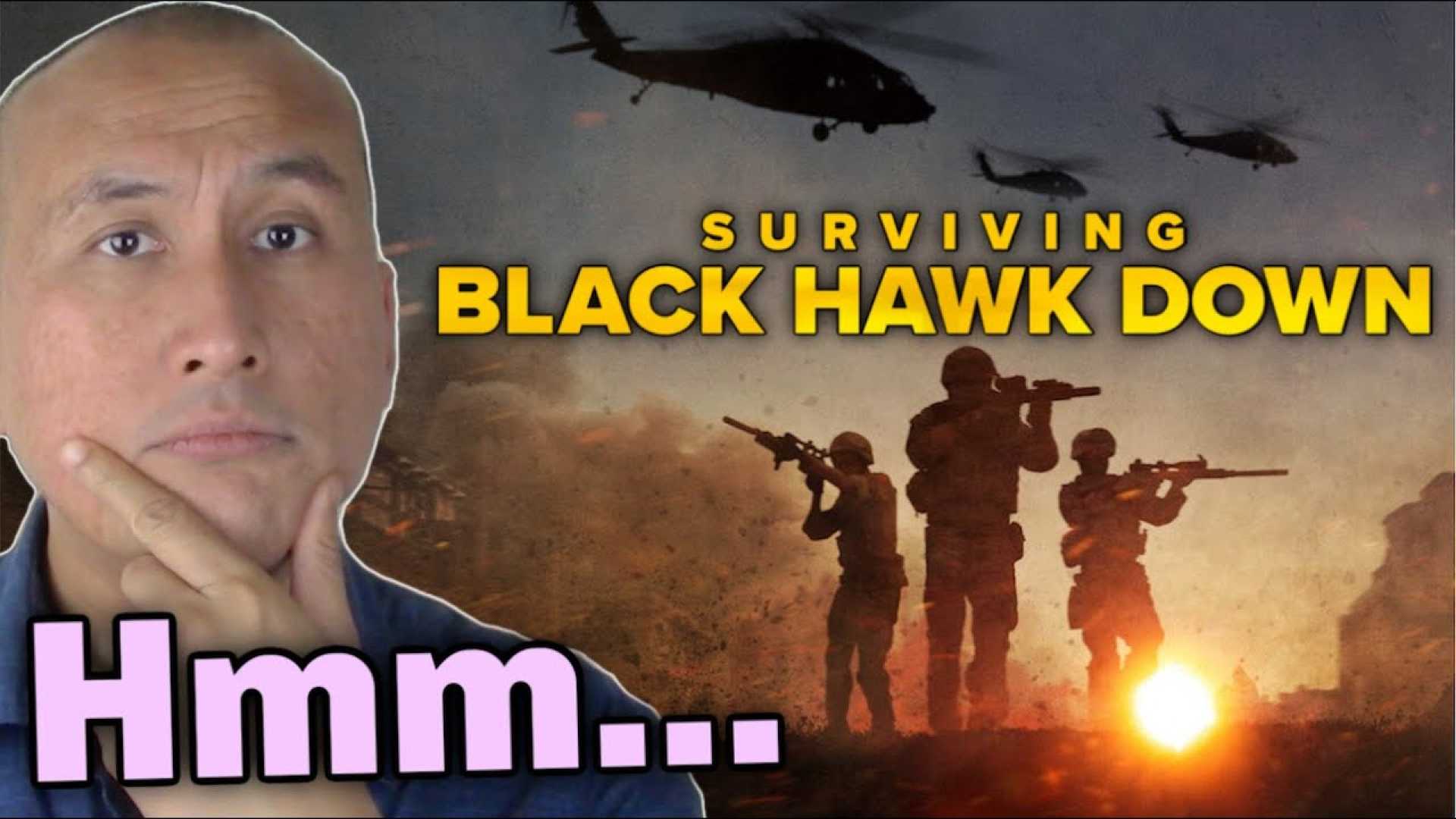Entertainment
Netflix Series Explores Untold Stories of Mogadishu Battle

NEW YORK, NY — A new Netflix docuseries titled Surviving Black Hawk Down premiered on February 10, aiming to provide an unfiltered perspective on the infamous Battle of Mogadishu. The series sheds light on the harrowing experiences of both American military personnel and Somali civilians during the bloody conflict that unfolded over October 3 and 4, 1993.
Directed by Jack MacInnes and produced by Ridley Scott Associates, the three-part series offers a profound look at the events that were once primarily portrayed through a Western lens, particularly through the 2001 film Black Hawk Down. “Americans did not see pictures of the Somali casualties,” noted the magazine TIME in its reporting on the original events. The docuseries endeavors to change that narrative, presenting a multi-faceted story of trauma and survival.
The U.S. military intervention in Somalia began in 1992, driven by the need to address widespread famine and prevent violence against United Nations relief efforts. However, this mission grew more complicated as American troops encountered fierce resistance from militias loyal to warlord Mohamed Farrah Aidid. During a raid on October 3, U.S. forces captured prisoners but were quickly ambushed, leading to the downing of two Black Hawk helicopters and intense urban combat.
“There were four of us at the beach this morning, and two of us aren’t here anymore,” recalled Brad Thomas, a U.S. Army Ranger, while reflecting on the tragic losses of the battle. The operation was marked by chaos and confusion, with over 18 American soldiers killed and approximately 200 Somali casualties, though the exact figures remain contested.
The traumatic aftermath of the battle left lasting scars on those involved. Michael Durant, a helicopter pilot captured during the conflict, appeared in the docuseries recounting his harrowing experience. “I thought, there’s no way out of here,” he said, conveying the despair and fear that gripped him and his comrades. The series reveals the complex emotions tied to the memories of this tragic event.
Former Delta Force operator Tom Satterly expressed regret over the quick withdrawal of American troops following the incident, noting, “My friends died, and now you want to pull out? That’s a waste of lives.” His experience reflects the difficult and often controversial decisions that shaped U.S. military policy in Somalia.
In addition to interviews with military personnel, Surviving Black Hawk Down features testimonies from Somali civilians. Ahmed “Five,” a local filmmaker, documented the chaos unfolding around him, highlighting the immense suffering faced by ordinary people. “The situation needed to be recorded,” he stated, his footage showcasing the stark contrast of experiences during the tumultuous battle.
Somali perspectives remind viewers that the battle’s impact was felt deeply on both sides. Halima, a local woman who sheltered children while the fighting raged, recounted the panic: “I lost hope in life.” The weight of loss permeates the series, emphasizing that while the battle ended, its effects are felt on the ground, decades later.
As veterans continue to grapple with their memories of Mogadishu, many hope that narratives like those presented in this docuseries will foster greater understanding of the complexities of war. Satterly, now a mental health advocate, articulates the need for honesty in recounting military experiences. “I want people to get the real story of what war does to humans,” he urged.
The debut of Surviving Black Hawk Down promises to broaden the dialogue surrounding the events of 1993, bringing forth voices that were often left unheard in the shadows of popular portrayals. As the series unfolds, viewers are invited to reflect not only on the historical events but also on the broader implications of military intervention and civilian impact.












